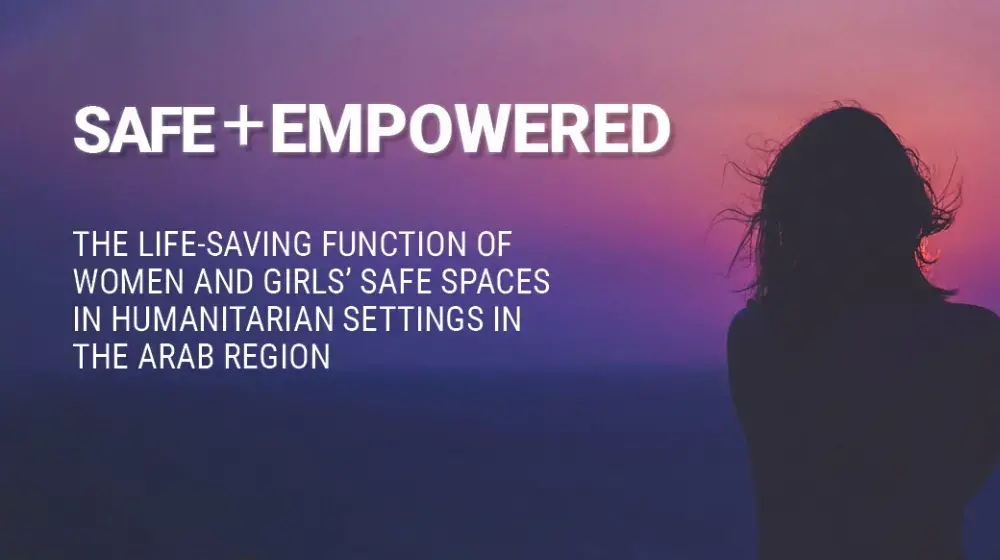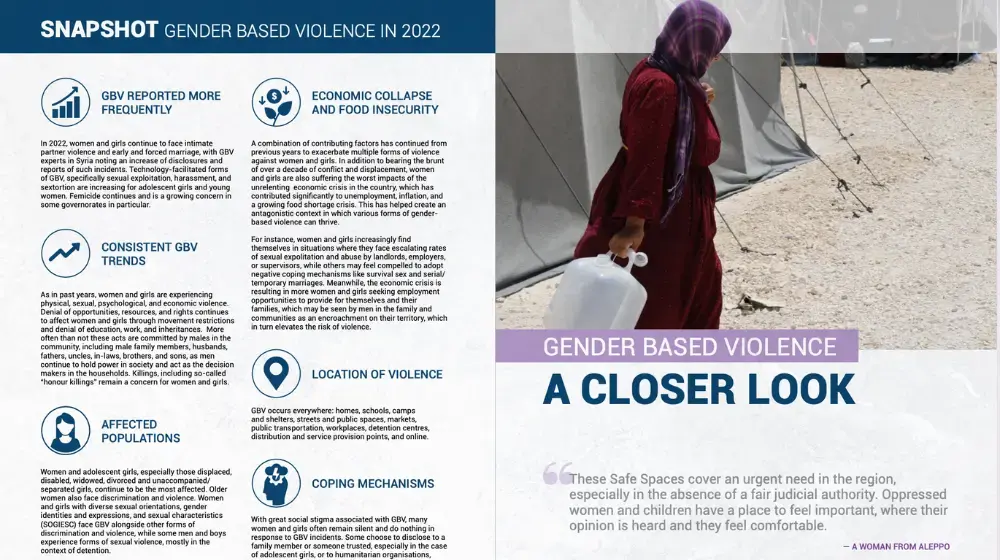Highlights
• On 29 January 2017, 161,208 people were living in displacement due to the Mosul emergency.
Since the crisis began, some 188,000 people have been accumulatively displaced, with nearly 30,000 returns having taken place.
• Significant shortages of drinking water remain the primary humanitarian concern in eastern Mosul city. Humanitarian partners are currently trucking 1,300 m³ of water per day, however this is only a stopgap measure to assist people until the water network is operational.
• Trauma casualty rates remain high near frontline areas. From 17 October 2016 to 25 January 2017, 1,675 wounded civilians have been sent to Erbil’s main hospitals to receive trauma care.
Since the 50-bed type II field surgical hospital was opened in Bartallah on 8 January, 312 patients have been treated for trauma injuries and some 107 major surgeries have been performed.
• In eastern Mosul city, 30 schools reopened on 22 January, allowing more than 23,000 children to resume educational activities.
Situation Overview
In the last week, returns from Khazer and Hasansham camps to eastern Mosul city significantly increased, but new displacement from eastern Mosul city continues. On 29 January some 161,208 people were living in displacement, roughly the same as on 23 January, despite over 7,200 people becoming displaced over the course of the week.
Access for humanitarian partners continues to expand in eastern Mosul city, as more neighbourhoods are secured by Iraqi Security Forces (ISF). This has led to increasingly more people in need receiving humanitarian assistance.
In the last week, multi-sector assistance packages containing food, water supplies, hygiene materials and highenergy biscuits were distributed to 69,000 people in Mosul city’s eastern neighbourhoods. Since 8 December, when multi-sector aid distributions were first undertaken in eastern Mosul city proper (excluding Gogachly), nearly 313,700 people in eastern Mosul city have received multi-sectoral aid packages.
According to the mayor of Mosul, as of 27 January approximately 885,000 people are living in the 75 neighbourhoods of eastern Mosul city that had been retaken at that time. This figure is currently being verified to support programming.
Food continues to be a major issue immediately after a neighbourhood is accessible. However once an area has been secured and people are able to move more freely they are often able to access nearby markets and purchase food. Markets are operating in many parts of the city that were secured during earlier phases of ISF’s operation.
According to the Government’s Joint Coordination and Monitoring Centre (JCMC), from 2 to 17 January the Ministry of Trade (MoT) distributed food items through the Public Distribution System (PDS), including 6,071 bags of sugar, 6,104 boxes of cooking oil, and 4,665 bags of rice. The Ministry of Migration and Displacement (MoMD) also distributed 4,376 dry food rations in eastern Mosul city, Erbil and Nawaran and 7,000 ready-to-eat rations in eastern Mosul city, Toz Khormato and Nawaran.
Significant shortages of drinking water remain the primary humanitarian concern in eastern Mosul city.
Humanitarian partners are currently trucking 1,300 m³ of water per day, however this is only a stopgap measure to assist people until the water network is operational. The majority of the water network in eastern Mosul city is not currently operating, and only one of the five water treatment plants on the eastern side of the Tigris River has been assessed for damage. Attempts were made to access one of these treatment plants during the week, but insecurity along the facility’s approach road prevented access.
Trauma casualty rates remain high near frontline areas, with many trauma cases requiring referral from eastern Mosul city to Erbil city. From 17 October 2016 to 25 January 2017, over 1,675 wounded civilians have been sent to Erbil’s main hospitals to receive trauma care. Since the 50-bed type II field surgical hospital was opened in Bartallah on 8 January, 312 patients have been treated for trauma injuries and some 107 major surgeries have been performed.
There remains no humanitarian access to western Mosul city and the corridor to Tal Afar, which is under ISIL control, and there are increasing humanitarian concerns for the wellbeing of civilians in these areas. For more than two months, major commercial supply routes into western Mosul city have been cut. Partners are planning for different humanitarian scenarios for when fighting moves to western parts of the city.




